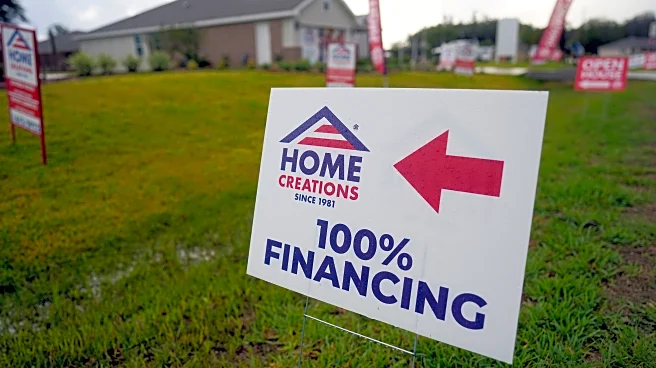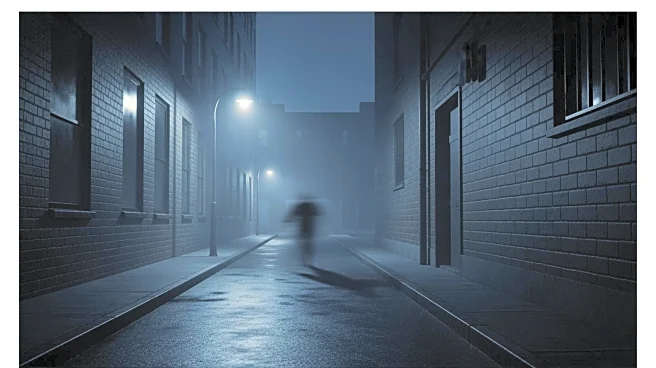What is the story about?
What's Happening?
Governor Gavin Newsom has vetoed a bill that would have allowed California public and private colleges to offer preferential admissions to applicants descended from individuals enslaved in the United States before 1900. The bill, introduced by Assemblymember Isaac Bryan, aimed to address historical disparities by granting admissions preference to descendants of enslaved people, without requiring applicants to belong to any specific race or ethnicity. Newsom stated that educational institutions already possess the authority to determine admissions preferences, rendering the bill unnecessary. Legal experts had anticipated potential court challenges if the bill were enacted, questioning whether it indirectly violated race-based admissions bans. The veto aligns with California's Proposition 209 and the U.S. Supreme Court's 2023 decision against race-conscious admissions policies.
Why It's Important?
The vetoed bill was part of broader efforts by the California Legislative Black Caucus to address the legacy of slavery and systemic racism. The legislation sought to rectify historical exclusion and harm, but faced criticism for potentially circumventing bans on race-based admissions. The decision reflects ongoing debates about reparations and racial justice, highlighting the complexities of implementing policies that address historical injustices while adhering to legal constraints. The veto underscores the challenges in balancing reparative measures with existing legal frameworks, impacting discussions on racial equity and educational access.
What's Next?
Following the veto, educational institutions may independently explore admissions preferences for descendants of enslaved individuals, as suggested by Newsom. The creation of the Bureau for Descendants of American Slavery, established by Senate Bill 518, will facilitate the certification of claims for benefits, potentially influencing future policy developments. The ongoing discourse on reparations and racial justice may prompt further legislative proposals, as stakeholders continue to navigate the legal and ethical dimensions of addressing historical injustices.
Beyond the Headlines
The veto raises questions about the legal interpretation of race-based policies and their implications for reparations. The bill's framing, focusing on descendants rather than race, aimed to withstand legal scrutiny, yet faced opposition for its perceived racial intent. The debate highlights the broader societal challenge of reconciling historical grievances with contemporary legal standards, influencing public perception and policy-making in the realm of racial justice.
















